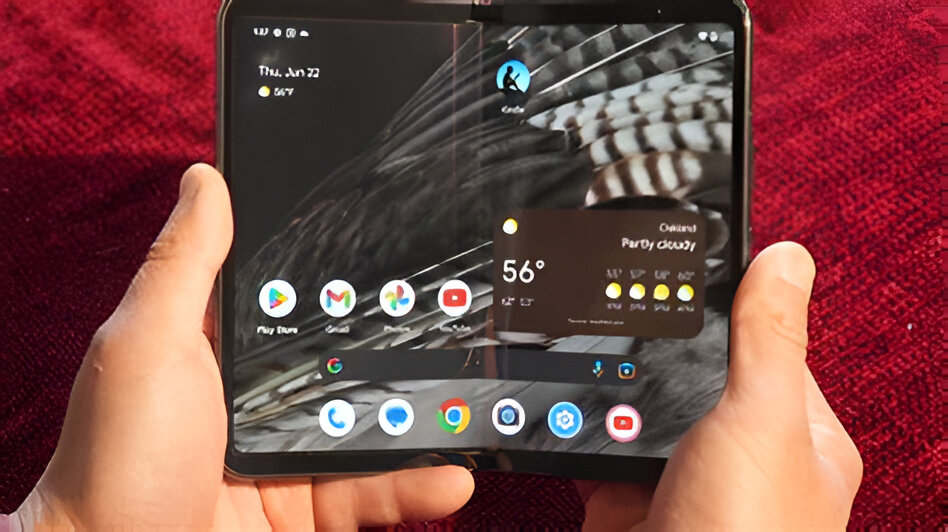ISLAMABAD, AUGUST 14: On Tuesday Google, a division of Alphabet, announced a new range of Pixel smartphones, showcasing improved AI technology integrations as it steps up attempts to incorporate AI into hardware.
The event broke with Google’s custom of revealing new Pixel models—its flagship smartphones launched in October 2016—in the fall. It took place at Alphabet’s Bay View facility in Mountain View, California.
This early scheduling, which coincides with Apple’s anticipated September iPhone launch, is Google’s most recent effort to maintain its competitiveness in the AI market.
In June, Apple said that all of its devices, even the most recent iPhone model, will receive updates that would incorporate ChatGPT, the chatbot created by Microsoft-backed OpenAI, and “Apple Intelligence,” a plethora of generative AI-powered capabilities within native applications.
“Recently, there has been a rapid increase in the number of AI announcements. If you’re Google, I don’t believe you want to sit on it too long,” Linn Huang, an analyst at IDC, stated.
A feature exclusive to Pixels that allows users to search for data saved in screenshots is one of the new AI integrations that were unveiled on Tuesday. Google’s chatbot Gemini may now be accessed by Android users by pulling it up as an overlay over another app to provide material or respond to queries.
“Today we’re getting real because there have been so many promises, so many more coming soon, and not enough real-world helpfulness when it comes to AI,” stated Rick Osterloh, senior vice president of products and services at Google. “We’re fully in the Gemini era.”
Workers demonstrated a number of new Gemini features live, including voice communication. However, it required three tries and two devices to effectively cross-reference a photo of an event poster with the calendar app.
Starting at $799, the basic 6.3-inch display variant of the Pixel 9 will cost $100 more than the previous generation. Later in August, shipment for both the 6.8-inch Pixel 9 Pro XL and this will start, according to a company representative. September will see the release of the foldable Pixel 9 Pro Fold and the Pixel 9 Pro, which has additional capabilities such a better camera.
The new gadgets are available to preorder on Tuesday.
Google holds less than 1% market share in global smartphone shipments as of the second quarter of 2024, according to IDC. It trails far behind Samsung’s market share of 18.9% and Apple’s market share of 15.8%, according to IDC. That is in part because Google has entered fewer markets and is focused on higher-end price segments.
In the United States, Google’s 4.5% share makes it the fourth-biggest smartphone maker, according to IDC.
But the Pixel line has also enabled Google to show off advances and spur the developer ecosystem around its Android operating system, which is used by device manufacturers like Samsung.
Android represents one of several frontlines where Google is battling competitors to embed AI in ways that consumers will use. In May, it debuted a swath of upgrades to core products like its search engine.
The company’s engineers redesigned the Pixel’s exterior and included camera upgrades as well as Google’s new Tensor G4 chip.
Google announced new versions of its smartwatch, the Pixel Watch 3, and Pixel Buds Pro 2 wireless earbuds on Tuesday as well.
Google also added a “Loss of Pulse” feature to the new Pixel Watch. The feature uses algorithms to determine whether a user’s heart has stopped and can contact emergency services. The feature will be available in the United Kingdom and the European Union.
Also on Tuesday, Google and Peloton, the fitness company known for its stationary bike, announced a content partnership in which subscribers to Google’s Fitbit Premium service would gain access to a library of Peloton’s training classes.
